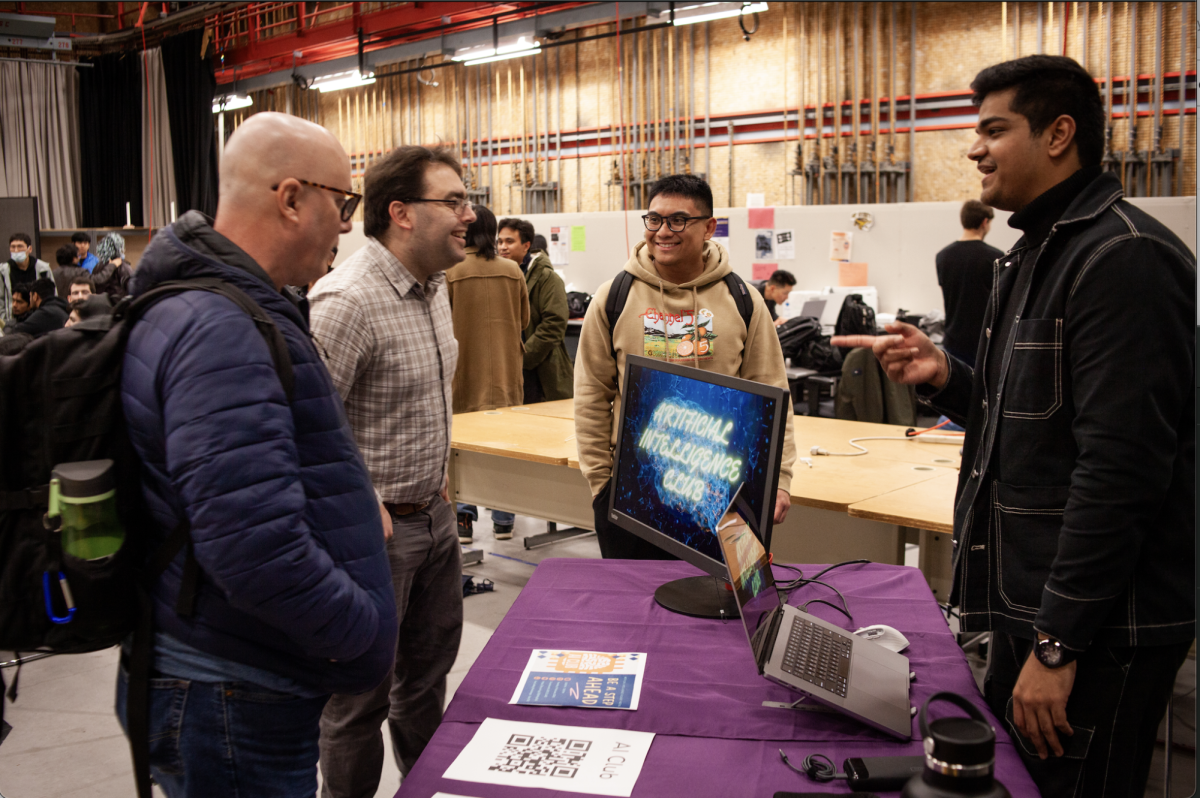SF State’s panhellenic recruitment is set for Oct. 2-4. With the Fall 2020 semester largely restricted to online learning, the process of recruitment for each sorority and fraternity will also be virtual.
Greek life ended its in-person meetings in March, and events had to be modified. With recruitment approaching, the goal is still trying to make it fun and stress free for everyone amid the disadvantages and changes.
“I think all the chapters are trying to make it as less stressful as possible because this is such a weird time with online school and all of that, just trying to make it as easy and accessible to everyone so it doesn’t become an added stress for all of our members,” Megan Krieder, president of Alpha Phi sorority, said.
Sabrina Gaiser, vice president of recruitment for Alpha Phi, explained that preparations for recruitment began as soon as it was announced the fall semester would be virtual. They are trying their best to make the experience accommodating to both active and prospective members.
“The registration fee is going to be brought way down, if not zero, if possible. To reflect the ‘normal’ in-person recruitment, we’re going to have everybody go on Zoom – the chapter presidents, financial advisors and everyone else they need to hear from will give their spiels like normal,” Gaiser said.
In addition to bringing the registration fee down from its original price of $25, they are not requiring their members to wear certain colors or coordinated outfits that are routine under normal tradition. This is due to heightened financial restrictions. Alpha Phi will also be accommodating and flexible with active members with busy schedules will also not be required to attend.
Panhellenic at SF State comprises three national sororities: Alpha Gamma Delta, Alpha Phi and Phi Sigma Sigma. Prior to the fall semester, events such as “Big and Little Reveal” were reformatted to weekly meetings via Zoom.
Lindsey Benson, who is serving as scribe of Phi Sigma Sigma, explained that the business aspect of running a sorority has been fine, but the personal and social aspects have proven to be more difficult.
“I think it’s harder just in general to talk in front of a webcam versus face to face. Because on Zoom, you can just easily turn off your camera, and you don’t have to do anything, but face-to-face, you kind of have to make those connections,” Benson said. “Which I know for me, I get really uncomfortable making a first connection with someone, so it helps me to just get out of my comfort zone.”
Many of the chapters do not know the number of members that will be going through recruitment quite yet, as there is a mixed consensus about the expected amount. Typically, sororities bring in about 30-40 members in the fall.
“I think that numbers, just in people enrolling in four-year universities, is going to be a lot lower, which could in turn make recruitment registration numbers a lot lower,” Eva Henery, member of Phi Sigma Sigma sorority, said. Lower enrollment rates due to the pandemic have played a toll at SF State and in return has caused a major financial deficit, resulting in 131 staff layoffs.
Gaiser’s chapter is in communication with all other chapters in the U.S. and Canada, in which she has seen changes in enrollment numbers going both ways. Certain campuses have seen an influx of numbers because incoming students want as much of a real college experience as they can, while others may not see the experience to be worth it.
Benson explained that despite the fact that dues payments will be lowered, it will still be something that is mandatory. She said her chapter will do all it can to make events as memorable and fun as possible, but the same experience that she had will not be exactly what others will receive.
“There’s a really big part of the new member experience that goes [away]. Like on bid day: running from the stadium to the field; and seeing everyone; and seeing the big spectacle that it is; and getting to hug everybody. I think that on Zoom, there’s no way to replicate that and the feelings of a bid day,” Henery said.
Many parts of the sorority experience are forced online, and those effects may play a role in the retention span of their members. Henery feels that with all the changes that will be happening, the dropout rate will be higher than years past; the amount of members being accepted and quotas that have to be met, however, will not be impacted by the transition to a virtual gathering.
The chapters on campus still believe there are benefits of going through recruitment, and many of them would go through the experience even though it is virtual. They ask for patience and understanding as they go through this new experience with incoming members.
“You guys are kind of on an even playing field. You just kind of have to roll with it. And just like in regular recruitment, be yourself, and you have to kind of try to let your personality shine through because you’re not there in person talking to them,” Henery said.








